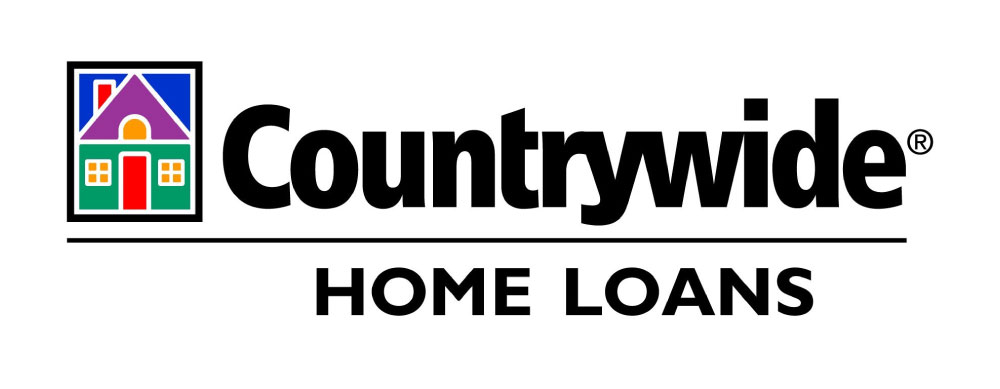
Former Countrywide and PennyMac executive Stanford L. Kurland passed away last week from COVID-19. The Wall Street Journal wrote about Kurland’s career focusing on his conflicts with Countrywide Financial founder, Angelo Mozilo. While Mozilo was a scrappy and flashy entrepreneur from the Bronx, Kurland was a polished former accountant from Los Angeles. Kurland famously left Countrywide before the company started its precipitous decline and was eventually sold to Bank of America. Kurland went on to found PennyMac Loan Services which today has a market cap of about $5 Billion. Like most stories about Countrywide, which at one time was the largest mortgage lender in America, the WSJ story portrayed Mozilo as selfish and misguided, while Kurland was portrayed as smart and calculating. I’m sure Stanford Kurland was a good man, and his success in the mortgage industry speaks for itself, but my experience with both men was different. Mozilo was supportive of NAHREP from day one. In 2000, he was the biggest name in the housing industry, yet he personally attended NAHREP’s kick-off event in March of 2000, not as a keynote speaker, but as a quiet observer. I was impressed by that. Mozilo gave me his private cell phone number after the event, and over the years he responded to every email and never turned down a proposal from me. He told me that when he started Countrywide, Latinos were his most loyal customers, and he will never forget it. Conversely, when Stanford Kurland started PennyMac, I reached out to him several times and never received a response. Granted PennyMac was largely a B2B correspondent lender at the time, yet I worked with several similar companies over the years. Kurland was never interested in anything we did at NAHREP. That doesn’t make him bad, it’s just a fact. Even though Stanford Kurland helped build Countrywide, he was never tainted by its eventual failure, and Mozilo became the image and scapegoat for the entire mortgage meltdown. Because of my personal experience, it always seemed a bit unfair to me. RIP, Stanford Kurland.
What if Donald Trump’s greatest strength is something the rest of us refuse to acknowledge? In this thought-provoking episode, Gary Acosta explores what liberals, global leaders, and entrepreneurs might learn from Trump’s approach to leadership. From mastering direct communication to shaping loyalty through perceived authenticity, Gary dives into the mechanics of modern influence—even when the messenger is flawed. Whether you agree or disagree with Trump, the lessons here reveal surprising truths about power, persuasion, and strategy in today’s world.
What do people really mean when they say, “DEI is destroying our country”? In this powerful episode, Gary Acosta takes on the backlash against Diversity, Equity, and Inclusion—and asks whether it’s become a coded way to express racism. He breaks down myths about lowered standards, exposes the hypocrisy behind legacy admissions, and challenges the silence around nepotism and privilege. DEI may be a polarizing term today, but Gary argues that its core values remain essential to capitalism, innovation, and fairness in America’s future.
The Latino brand impacts every aspect of our lives—from how we're viewed in business and media to the opportunities we’re given. In this first episode, Gary Acosta explores why a unified, empowered narrative is essential for Latino prosperity. Learn what Gary shared at the United Nations, how he raised $100M for Latino-led ventures, and why changing the perception of our community is the key to unlocking capital, influence, and success.
